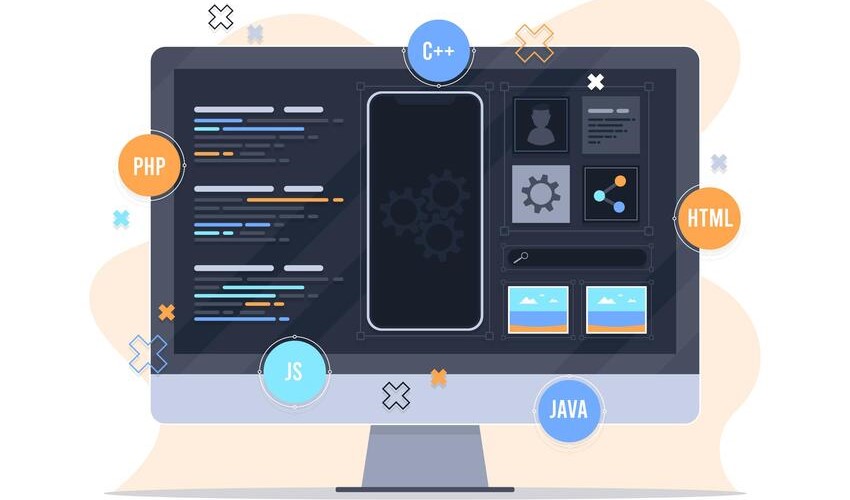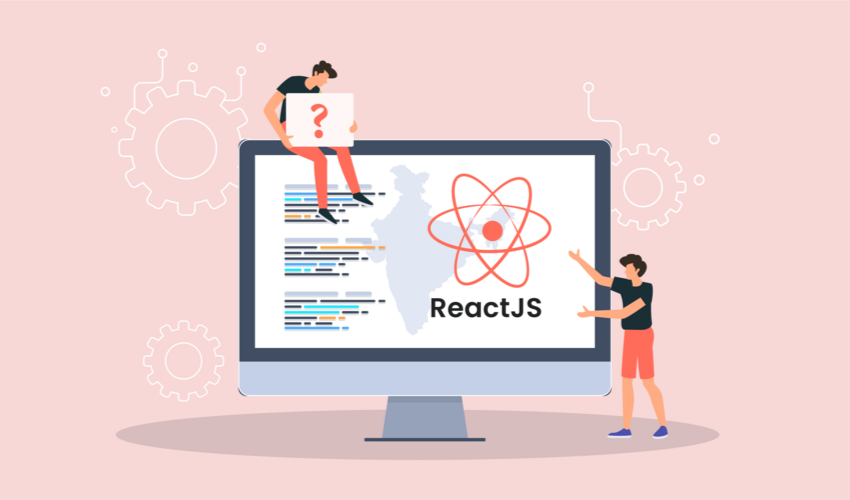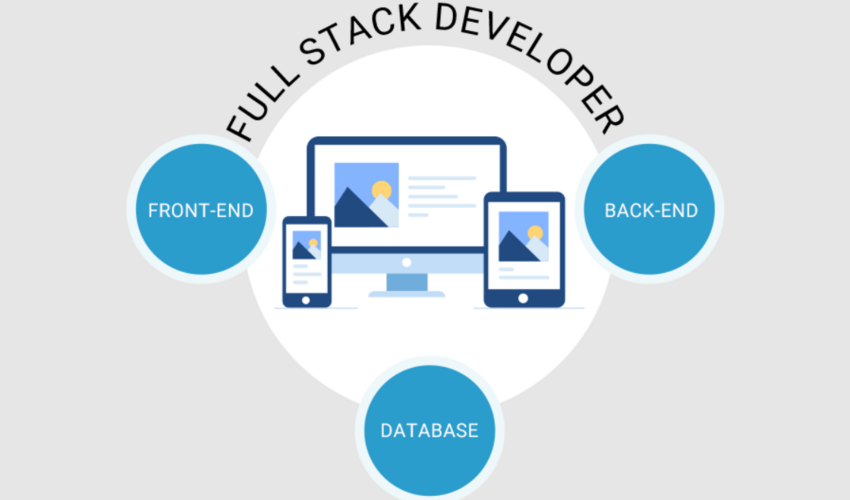Full Stack vs Backend Developers: Which Should Your Startup Hire?

In today's rapidly evolving tech landscape, startups face crucial decisions when building a web or mobile app. One of the most important questions is whether to hire a full-stack developer or a backend developer. Both roles are critical, but which is the best fit for your startup’s specific needs?
This blog post will guide you through the differences, advantages, and potential challenges of each role to help you make an informed hiring decision.
What is a Full Stack Developer?
A full-stack developer is a versatile programmer capable of working on both the front-end (user interface) and back-end (server-side logic) of an application. Their proficiency spans multiple technologies, enabling them to handle the entire software development process, from designing UI/UX interfaces to managing databases.
Key Skills of a Full Stack Developer:
- Front-end technologies: HTML, CSS, JavaScript, React, Vue.js
- Backend technologies: Node.js, PHP, Python, Ruby, .NET
- Databases: SQL, NoSQL (MongoDB, MySQL, PostgreSQL)
- Version control: Git, GitHub, Bitbucket
- API development and RESTful services
Advantages of Hiring a Full Stack Developer:
- Cost-Effectiveness: For startups with limited budgets, hiring a full-stack developer can be more affordable than employing two specialized developers.
- Flexibility: Full-stack developers can pivot between tasks, solving issues in both front-end and back-end development.
- Faster Development: Since one developer manages both ends of the project, workflows are often more efficient, leading to faster turnaround times.
Potential Challenges:
- Lack of Depth: While full-stack developers are jacks of all trades, they may not have in-depth expertise in complex backend issues, such as scalability or security.
- Burnout: Being responsible for both ends of the application could lead to burnout, affecting long-term productivity.
What is a Backend Developer?
A backend developer focuses on building and maintaining the server-side logic, databases, and APIs that power the application. Their job is to ensure that the application runs smoothly behind the scenes, handling complex functionalities like user authentication, data processing, and business logic.
Key Skills of a Backend Developer:
- Server-side languages: Python, Java, Node.js, PHP, Ruby
- Database management: MySQL, MongoDB, PostgreSQL
- API integration: RESTful services, GraphQL
- Cloud platforms: AWS, Azure, Google Cloud
- Security and performance: Ensuring data security, optimizing server performance
Advantages of Hiring a Backend Developer:
- Specialized Expertise: Backend developers bring specialized knowledge to solve complex issues, especially for apps with high traffic, database management, or security requirements.
- Scalability: A skilled backend developer can help build scalable architectures that handle rapid growth, ensuring long-term success.
- Data Management: They are experts at handling databases and server logic, critical for businesses that need to manage large volumes of data or transactions.
Potential Challenges:
- Dependency on Front-End Developer: Since backend developers only handle server-side logic, you will need to hire a separate front-end developer, which could increase costs and coordination challenges.
- Slower Development: If the front-end and back-end teams aren’t aligned, development timelines could extend.
When Should You Hire a Full Stack Developer?
Full-stack developers are ideal for startups that:
- Have small, simple projects with basic functionalities.
- Are looking to build a Minimum Viable Product (MVP) where speed and flexibility are critical.
- Operate with limited resources and need a single developer to manage multiple parts of the project.
- Value a fast development cycle over specialized functionality.
For example, a social media platform that requires quick deployment with basic front-end design and server logic might benefit from a full-stack developer’s ability to handle both aspects simultaneously.
When Should You Hire a Backend Developer?
If your project demands complex functionality, scalability, or high performance, a backend developer is your best bet. Backend developers are especially crucial for:
- Data-heavy applications (e.g., eCommerce platforms, financial software).
- Projects requiring complex business logic, where advanced database management, performance optimization, or security is essential.
- Long-term scalability: As your startup grows, backend systems will need to handle more users, data, and interactions. A specialized backend developer ensures your infrastructure can scale.
For instance, a healthcare app that manages confidential patient data would benefit more from a backend developer’s expertise in security and database management.
How to Decide for Your Startup?
- Assess Project Complexity: Start with your application’s complexity. Is it a simple MVP or a complex, data-intensive platform?
- Budget Constraints: Hiring a full-stack developer may be more cost-effective for small projects, while backend specialists may be required for larger, scalable platforms.
- Timeline: If you need to move fast, a full-stack developer can handle all aspects of development. For intricate features and higher demands, backend developers may be necessary despite the longer development process.
Conclusion
Choosing between a full-stack or backend developer comes down to your project’s needs, long-term goals, and budget. If you're building a lightweight MVP, a full-stack developer offers flexibility and speed. For larger, more complex systems, a backend developer's specialized expertise ensures robust, scalable architecture.
Evaluate your startup’s immediate and future needs before making a decision. This way, you’ll invest in the right talent to bring your product to life.
Latest Trending
Categories
- Airbnb
- Airbnb clone
- Airbnb clone script
- Multi Vendor Marketplace Script
- Buy Sell Marketplace
- Vacation Rental Website
- Online Food Ordering and Delivery Clones
- Multi-Vendor E-Commerce Script
- Online Rental Script
- Fancy Clone
- Car Rental ScriptSoftware Development
- Car Rental Script
Never Miss Another Post!
Get updates & Valuable tips straight into your inbox once a week.




